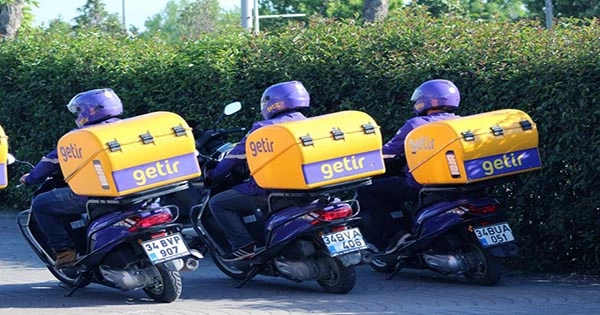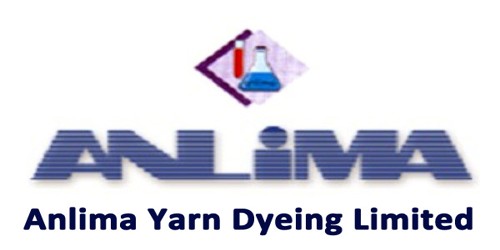The week has been extremely difficult for European e-commerce businesses. In the most recent development, TechCrunch has heard and confirmed that Getir, a $12 billion rapid commerce company that offers groceries and other necessities and guarantees delivery of them in minutes, is laying off 14% of its workers internationally. According to estimates, the Turkish firm employs over 32,000 workers throughout its nine countries, meaning that 4,480 of them will be affected by the reduction. The business also intends to scale back on a lot of its capital-intensive expansion, including employment, marketing expenditures, and promotions.
The promotions being discussed here are not HR promotions but rather the numerous discounts and freebies that fast commerce firms have been employing to entice users to their platforms—at a significant financial expense to the startups themselves. The reduction will differ each nation, according to a memo that we have seen and are releasing below. (A source in Berlin indicated that there will be roughly 400 cuts in that city alone, while Getir did not confirm this figure.) The business has stated that as a result of this, it won’t be leaving any particular nation. In addition to its native market of Turkey, Getir also conducts business in the United Kingdom, Germany, France, Italy, Spain, the Netherlands, Portugal, and the United States.
This represents a sharp reversal of fortune for the corporation, which only two months previously raised $768 million at an estimated value of $11.8 billion. However, given the current state of the industry, it is not surprising that both large and small IT businesses are seeing a decline in their earnings and market prices.
Gorillas, a significant rival of Getir in Europe, has announced the termination of 300 employees and plans to examine strategic alternatives, including sales or departures in a number of European areas. The Swedish buy-now, pay-later business Klarna announced earlier this week that it will downsize its personnel by 10% in response to rumors that it was looking to raise capital at a lower valuation. For a time now, many have argued that the market for rapid grocery delivery in particular was ready for right-sizing. Getir was a pioneer in the “instant grocery” sector when it was founded seven years ago, but the category has exploded in recent years.
Consumer behavior changed as a result of COVID-19: Many times, stores were completely shut down for extended periods of time, and customers were less likely to visit them when they were open. As a result, a large number of consumers decided to try grocery shopping online for the first time. To meet the needs of those customers, a ton of businesses emerged, supported by massive VC investments. A sizable portion of these startups were built on the idea of “instant” delivery, in which items arrived at your door shortly after ordering, simulating (or even cutting down on) the time it would take to quickly run to a physical store.
Getir was one of the consolidators, along with other major firms like Gopuff, Flink, and Gorillas, even before the capital markets failed earlier this year. Several smaller startups either shut down or were bought. That tendency has persisted through 2022, and there will probably be many more in the future. Despite hailing from disparate areas of the business world, companies like Getir and Klarna have one thing in common: Sequoia is their common investor. This week, the venerable VC (which oversaw Getir’s Series C in 2021) created an alarm-bell presentation for its portfolio firms, outlining the current status of the industry and offering some advice on how to weather the storm.
The 50-slide presentation, which a source shared with us, addressed subjects including forecasting, runway extension, financing in challenging markets, and leadership. One slide was titled “Growth at all costs is no longer being rewarded,” which was pertinent for a company like Getir that, like its competitors, has been raising hundreds of millions of dollars to pump into aggressive expansion strategies involving splashy ad campaigns, extensive operations infrastructure in urban areas, and lots of promotions to bring on more consumers. Getir seems to have taken the presentation’s message to heart.
















